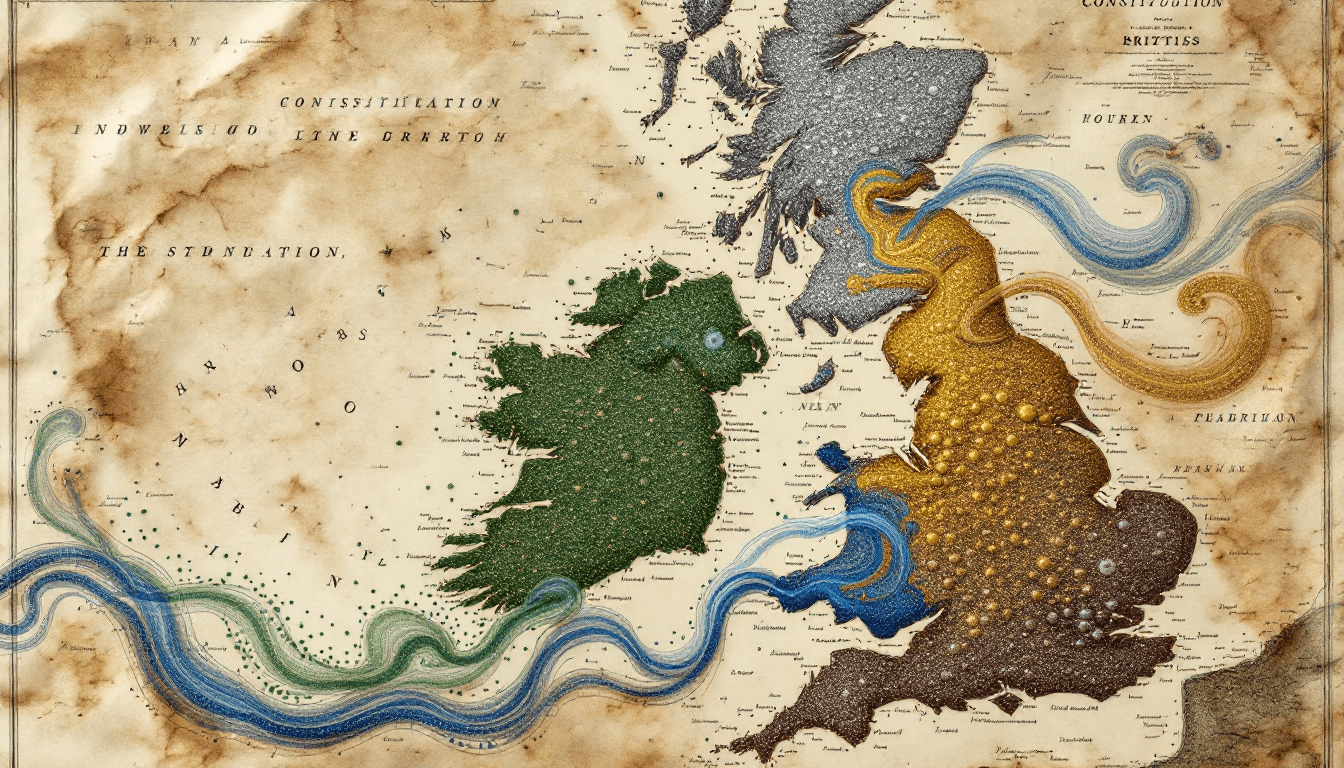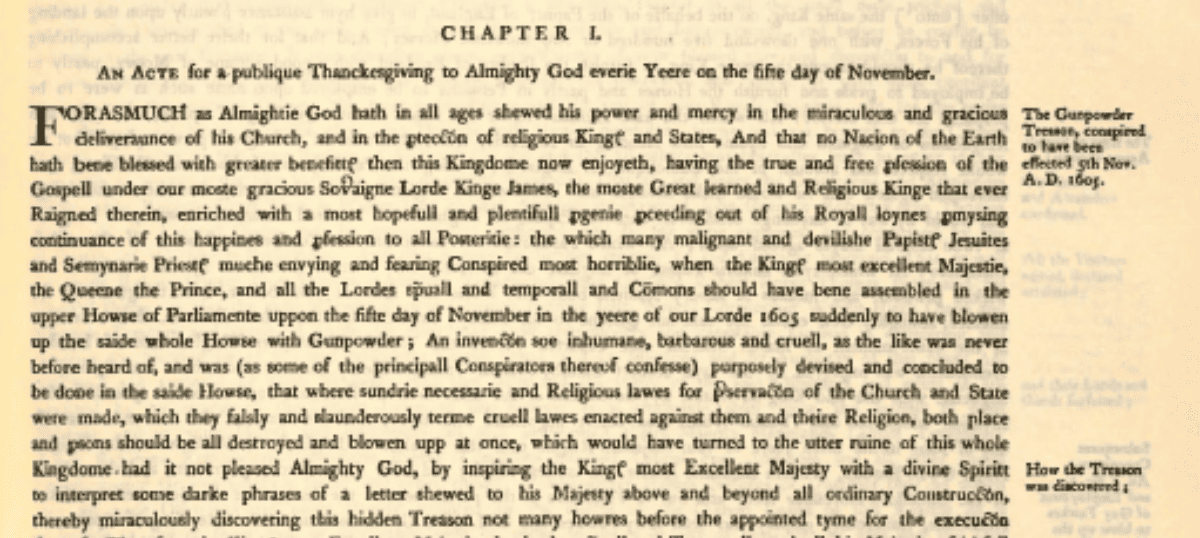What Has The British Nationality Act Ever Done For Us?
The British Nationality Act, from its 1708 origins to 1948, systematically destroyed native English rights. The 1708 Act was repealed after 3 years due to mass immigration problems, yet the 1948 version unlawfully repealed "natural born" protections from the Act of Settlement.






